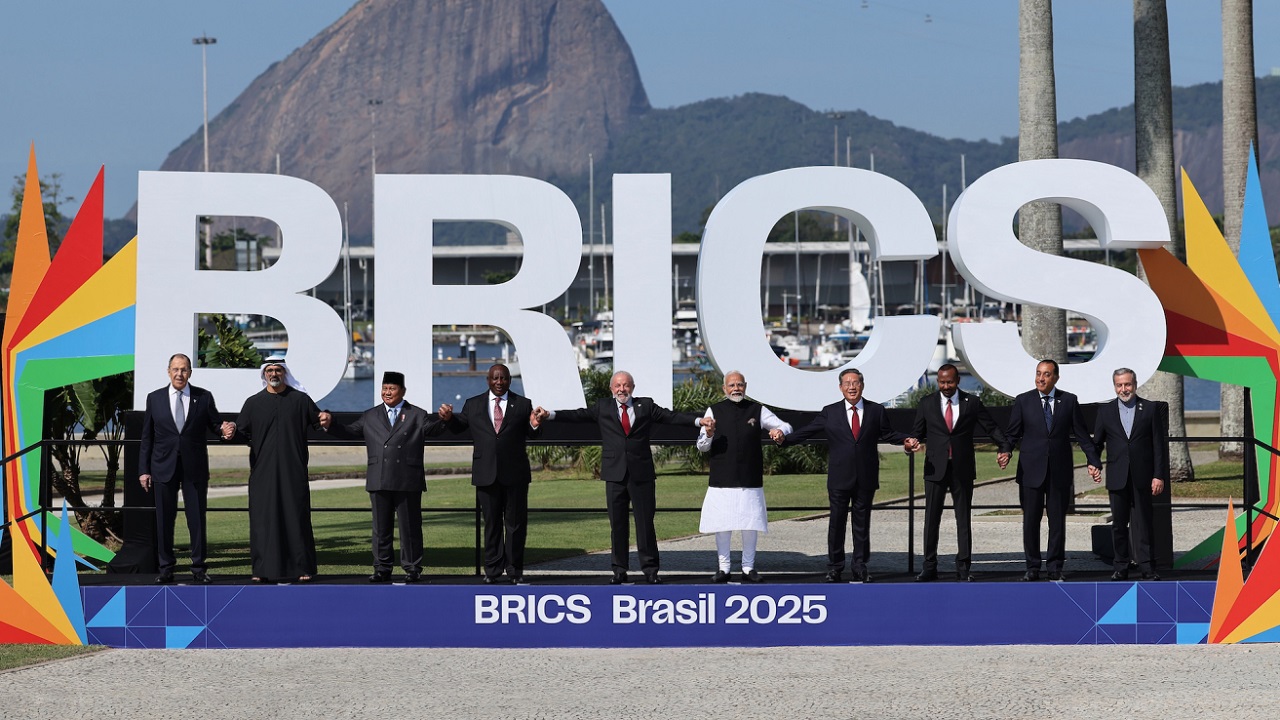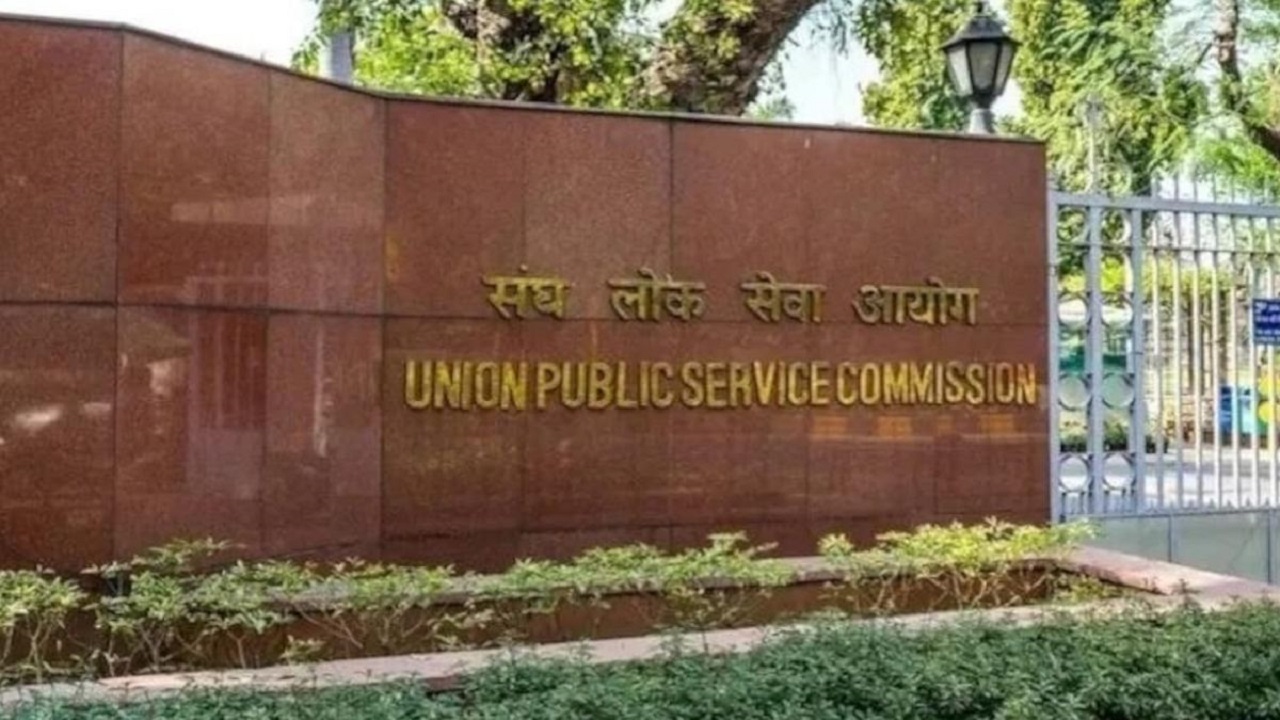A New Era in India-Kuwait Relations
Context : Prime Minister Narendra Modi's recent visit to Kuwait marked a historic milestone as the two nations elevated their bilateral ties to a “strategic” partnership. This development signifies enhanced cooperation in trade, defence, and other areas while highlighting India’s growing influence in the Gulf region amidst evolving global dynamics.
A Brief Overview of India-Kuwait Ties
Background
- India and Kuwait share a long history of friendly relations, rooted in cultural and economic ties that have endured over time.
- India was among the first nations to establish diplomatic relations with Kuwait after its independence from the British Protectorate in 1961.
- Until 1961, the Indian Rupee was used as legal tender in Kuwait.
Current Dynamics
- Crude oil supplier: Kuwait is India’s sixth-largest supplier, meeting 3% of its energy needs.
- Trade growth: Indian exports to Kuwait exceeded $2 billion for the first time, while Kuwaiti investments in India surpassed $10 billion.
- Indian diaspora: Over 1 million Indians form Kuwait’s largest expatriate community, contributing significantly to its economy and development.
Highlights of the Prime Minister’s Visit
Historic Firsts
- First visit in 43 years: Modi’s two-day visit was the first by an Indian Prime Minister since Indira Gandhi’s visit in 1981.
- Civilian honor: Kuwait awarded Modi its highest civilian honor, ‘The Order of Mubarak Al-Kabeer,’ recognizing his contributions to strengthening bilateral ties.
Engagements with Kuwaiti Leadership
- Meetings with:
- Amir Sheikh Meshal Al-Ahmad Al-Jaber Al-Sabah.
- Crown Prince Sheikh Sabah Al-Khaled Al-Hamad Al-Mubarak Al-Sabah.
- Prime Minister Sheikh Ahmad Abdullah Al-Ahmad Al-Sabah.
Strengthening Bilateral Relations
- Defence Cooperation:
- Signed a comprehensive defence agreement covering:
- Training and exchange of personnel.
- Joint military exercises.
- Research and supply of defence technology.
- Signed a comprehensive defence agreement covering:
- Trade and Economy:
- Bilateral trade reached $10.47 billion in 2023-24.
- Modi invited the Kuwait Investment Authority to explore opportunities in energy, pharmaceuticals, food parks, and infrastructure.
- Additional Agreements:
- Signed three MoUs in Sports, Culture, and Solar Energy.
- Strategic Cooperation:
- Strengthened collaboration in:
- Pharmaceuticals
- IT and FinTech
- Infrastructure
- Security
- Strengthened collaboration in:
Vision 2035 Alignment
- Modi praised Kuwait’s developmental initiatives under ‘Vision 2035’ and emphasized mutual efforts to achieve shared objectives.
Implications of the Visit
-
People-to-People Connections:
- Acknowledged the contributions of the 1 million-strong Indian community in Kuwait to its development.
-
Regional and Global Impact:
- Collaboration with GCC:
- Strengthened ties with the Gulf Cooperation Council (GCC) under Kuwait’s presidency.
- Advocated for concluding the India-GCC Free Trade Agreement, aiming to boost trade, which reached $184.46 billion in 2022-23.
- Shared Vision for West Asia:
- Discussed strategies for peace, stability, and prosperity in West Asia.
- Reaffirmed a joint stance against terrorism and a commitment to dismantling terror networks.
- Collaboration with GCC:
Conclusion
Prime Minister Modi’s visit has laid a solid foundation for a dynamic and robust India-Kuwait partnership. With strengthened defence ties, expanded trade, and strategic alignment, this renewed relationship promises significant benefits for both nations and the broader Gulf region.




Comments (0)